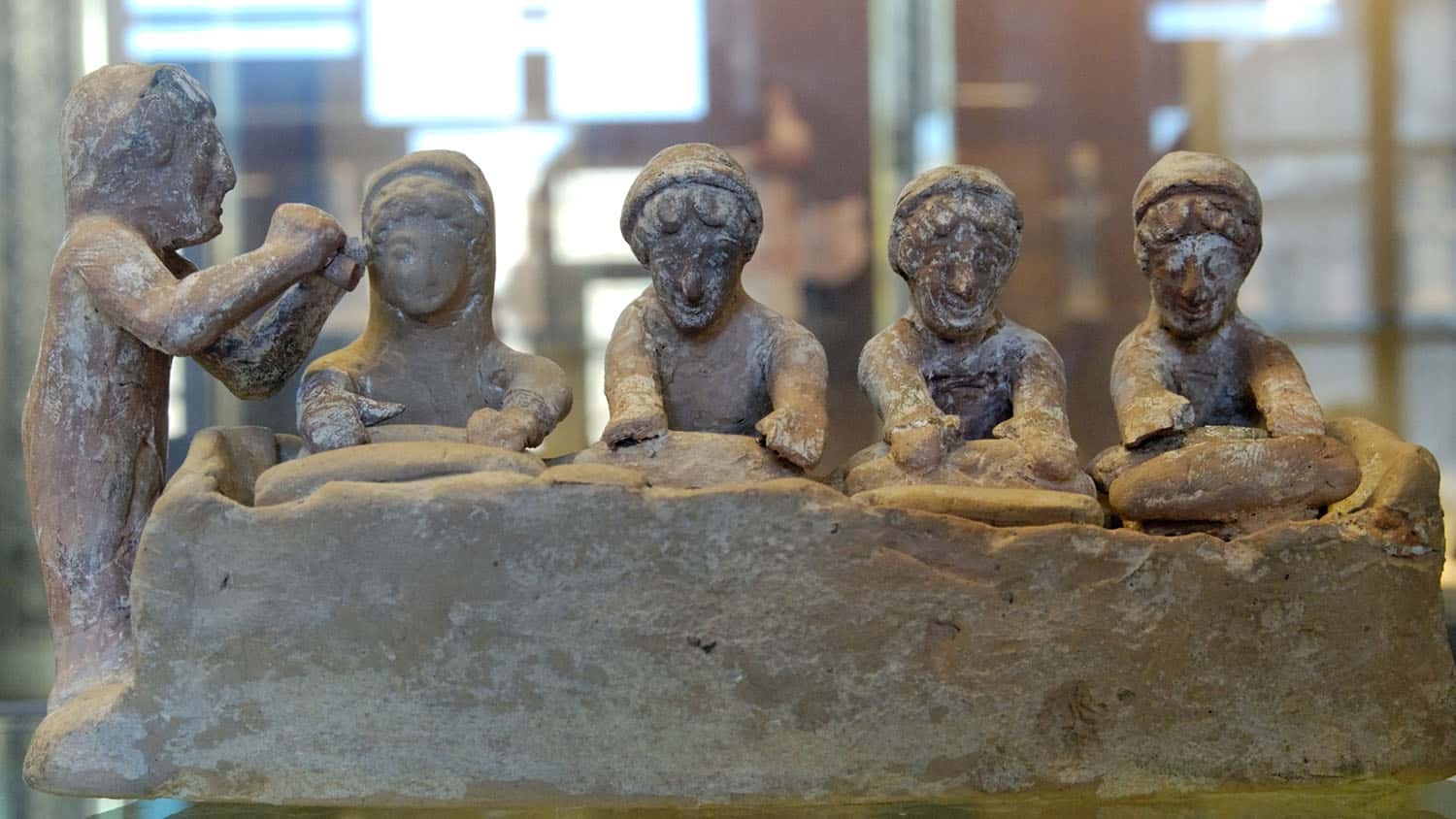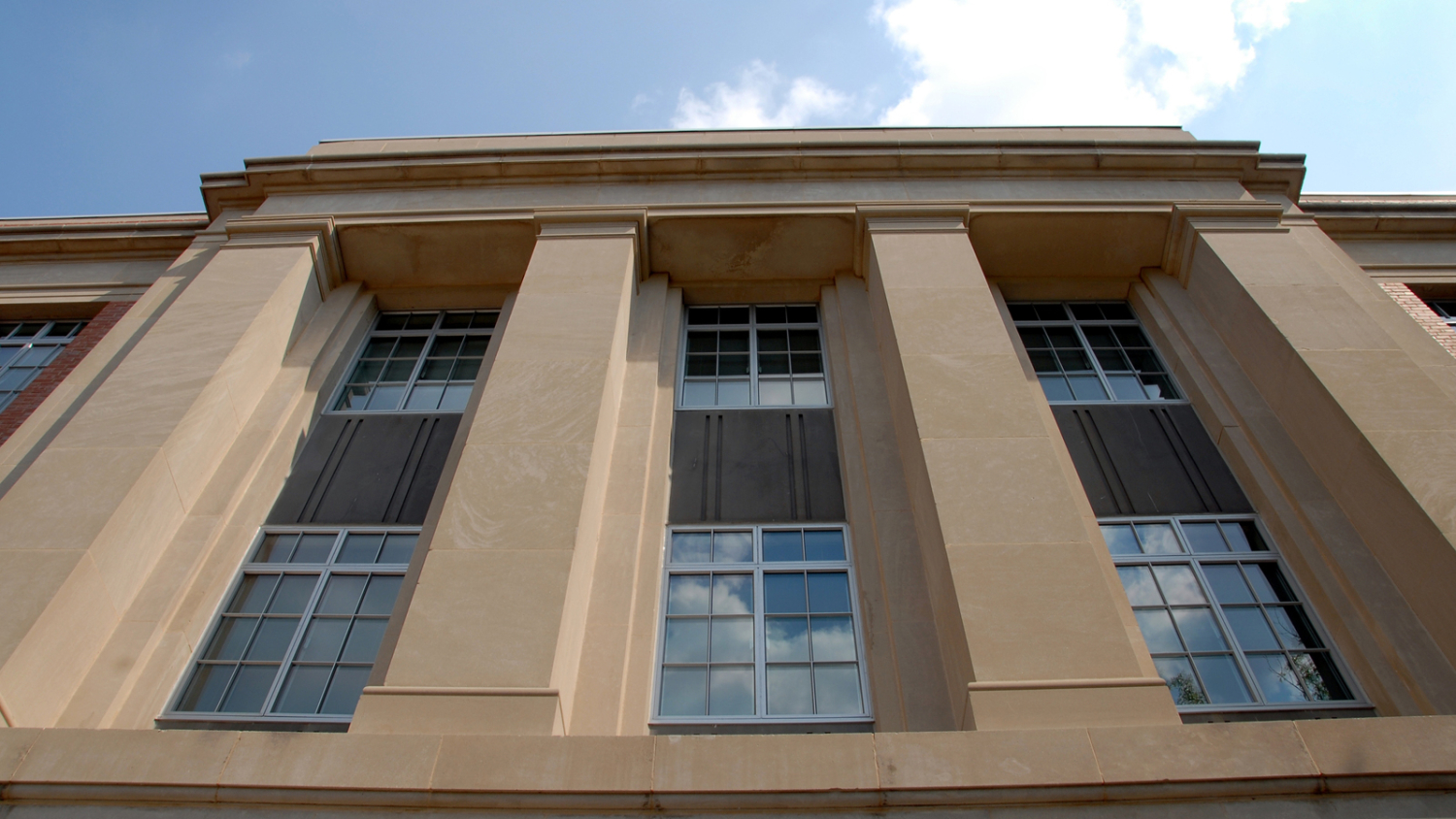The Role of Civil Air Transportation in Foreign Relations Between the United States and Great Britain
Wofford III, Drewry Frye. “A Special Relationship in the Air: The Role of Civil Air Transportation in Foreign Relations Between the United States and Great Britain.” (Under the direction of Dr. Nancy Mitchell.)
In 1977 James Earl Carter assumed the presidency of the United States. Within a month of his inauguration, two significant events in foreign policy arose in the aegis of civil aviation. Carter likely never expected to become embroiled in negotiations over air rights and air access this early in his administration, but he would not be alone. The importance and impact of civil aviation on foreign policy and diplomatic affairs is often overlooked and under valued. This paper takes two cases studies, the negotiations between the United States and Great Britain over the Bermuda II agreement and the tri-lateral negotiations over Concorde landing rights in New York City, as examples of how civil aviation matters, how it involves the Heads of State of each country, how it effects the relationships between countries and how it often entails the merging of domestic agendas with international affairs.
The negotiations over Bermuda II concerned the mutual exchange of air services between the United States and Great Britain, including the most profitable North Atlantic route for air carriers, services connecting New York and London. It immediately involved both President Carter and British Prime Minister James Callaghan, signaling its importance to both countries, both politically and commercially. And it demonstrates the nuanced posturing between the two countries in light of the “special relationship;” neither side was willing to put the larger relationship between the two countries at risk.
Gaining permission for Concorde to land in New York transcended federal jurisdiction; it demonstrates the impact of local concerns on international relationships, and could ultimately only be resolved by the United States Supreme Court. It involved President Carter and Prime Minister Callaghan, as well as French President Valery Giscard d’Estaing. It demonstrates the interplay between perception, prestige and national pride. France displayed a vitriolic indignation at New York’s refusal to let Concorde land there; Great Britain wavered between support of its Gallic partner in the venture and minimizing any negative effect on the “special relationship;” and the United States maintained its posture that the federal government had no right to intercede in local concerns.
This paper concludes that civil aviation and its role in the affairs between nations are overlooked, under-studied, and rarely written about. It looks to fill that void, through research conducted at both archives in the Unites States and the British National Archives in London. It demonstrates that flight between nations is more than just moving people; it entails important diplomatic, political and commercial concerns; and that countries place a significant portion of their pride and prestige on how their airlines are perceived and treated globally.
- Categories:


